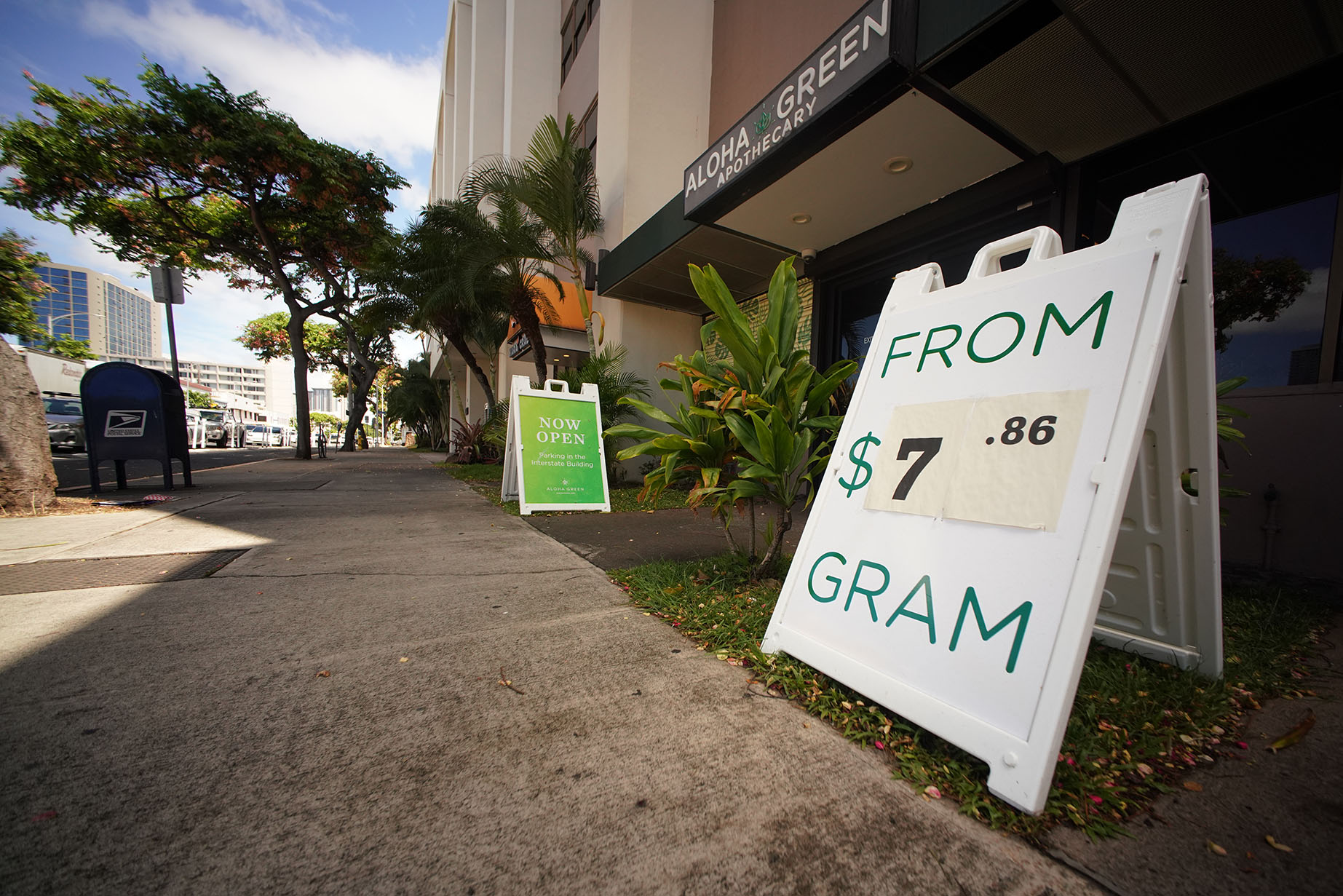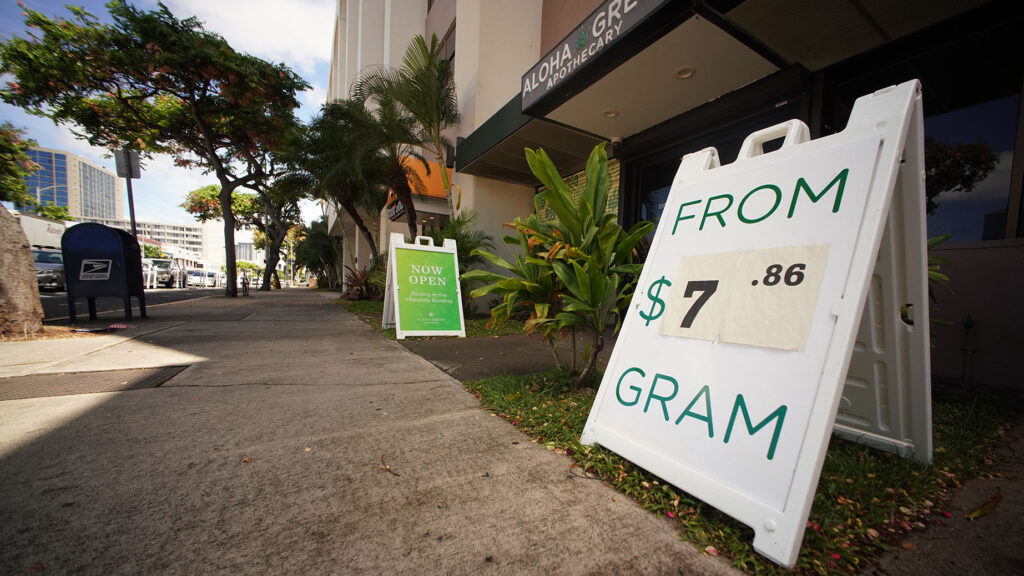
As Hawaii debates the legalization of cannabis, West Hawaii traffic enforcement unit commander Sergeant Thomas Koyanagi has taken a proactive approach to prepare for potential challenges. Observing an increase in traffic crashes in states that have legalized marijuana, Sgt. Koyanagi decided to enhance the capabilities of his officers by introducing advanced roadside impairment detection education in Hawaii.
“I knew the writing on the wall was coming to Hawaii eventually, that they were going to try and do the same thing, so instead of being reactive, I wanted to take a proactive approach,” explained Sgt. Koyanagi.
After attending multiple conferences on the mainland, Sgt. Koyanagi organized the state’s first-ever ‘Green Lab’ in May. The initiative aimed to train officers similarly to how they learn to detect drunk drivers. The event involved 25 officers and medicinal cannabis volunteers—licensed medical cannabis patients legally consuming their own cannabis products in verified dosages off-site. Officers then transported the volunteers during the training event.
“Since that’s probably the large majority of the people, if they do legalize it for adult-use here, that we’re going to come in contact with,” Sgt. Koyanagi added. “We wanted to assure the medicinal cannabis community that they weren’t going to get arrested because they were cannabis patients. We’re looking for impairment and wanted to show them what impairment looks like and what we’re looking for.”
During the test, Sgt. Koyanagi observed varying levels of consumption and impairment. Many volunteers demonstrated high tolerance levels, passing divided attention tests despite significant THC levels in their systems. “A lot [of the volunteers] in the second round still wouldn’t have gotten arrested because their tolerance levels were so high that it didn’t affect them in the divided attention tests,” he explained.
Knowing the exact THC percentages the volunteers consumed allowed officers to test their cognitive functions, coordination, and motor skills after consumption. In states like Colorado, drivers with five nanograms of THC in their blood can be prosecuted for DUI. However, Sgt. Koyanagi noted, “Almost everybody [volunteers] had registered over 25 nanograms of active THC in their system, but many of them would have not gotten arrested” due to their high tolerance.
Hawaii island leads the state in traffic fatalities this year, with 20 deaths compared to 10 at the same time last year. Sgt. Koyanagi emphasized the importance of training officers to recognize various impairments to reduce needless deaths.
“Right now, we’re looking for answers to see if we can combat the number of people dying on our islands needlessly,” he said. “We want to have everybody educated as far as being able to detect impaired driving—that’s the ultimate goal.”
Read the whole article from KHON2 Here.


